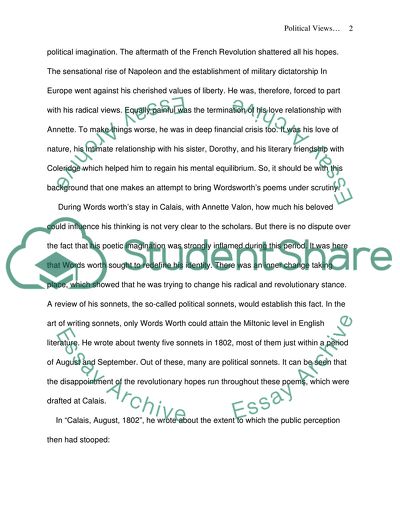Cite this document
(“Political Views of Romantic Poets Essay Example | Topics and Well Written Essays - 2250 words”, n.d.)
Political Views of Romantic Poets Essay Example | Topics and Well Written Essays - 2250 words. Retrieved from https://studentshare.org/literature/1539603-political-views-of-romantic-poets
Political Views of Romantic Poets Essay Example | Topics and Well Written Essays - 2250 words. Retrieved from https://studentshare.org/literature/1539603-political-views-of-romantic-poets
(Political Views of Romantic Poets Essay Example | Topics and Well Written Essays - 2250 Words)
Political Views of Romantic Poets Essay Example | Topics and Well Written Essays - 2250 Words. https://studentshare.org/literature/1539603-political-views-of-romantic-poets.
Political Views of Romantic Poets Essay Example | Topics and Well Written Essays - 2250 Words. https://studentshare.org/literature/1539603-political-views-of-romantic-poets.
“Political Views of Romantic Poets Essay Example | Topics and Well Written Essays - 2250 Words”, n.d. https://studentshare.org/literature/1539603-political-views-of-romantic-poets.


